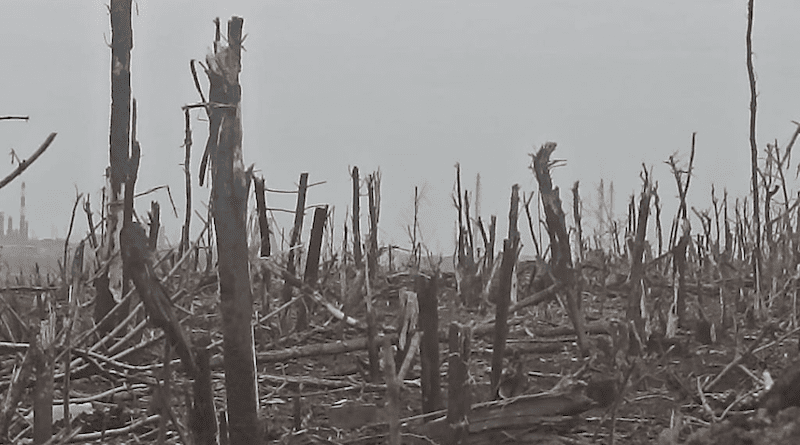How To Win In The War Of Attrition? – OpEd
When I see such messages in Western media, the immediate question arises: what are these claims based on? The answer, in reality, can be only one – to the extent to which the West is willing to support, provide for, and assist us in resisting Russian aggression. Everything else is speculation and subjective judgments. Why not 2, 3, 6, 8 years, but 5?
Now, regarding the importance of understanding the situation and accordingly garnering support from our partners. Ukrainian forces are still conducting offensive operations, so we cannot definitively say that we are already 100% in the positional warfare phase or attrition warfare. However, even if we are heading towards the less comforting prospect of transitioning into a war of attrition, it is crucial for us to understand and explain to our partners that the West, together, is technologically stronger than Russia. And with coordinated supply and support, providing us with weapons and resources according to our requests and the Chief Commander’s list of the Ukrainian Armed Forces, we can defeat the enemy in this war.
The thing is, in a war of attrition, demographic and mobilization potential is indeed one of the important factors. But, it’s just one factor. Economic factors, resilience to global changes and shocks, the will to fight, weapons, and technical equipment play a significant role. Predicting the duration of a war of attrition is complex and challenging. At the end of World War I, when Russia, after the Bolshevik revolution, made a separate peace with Germany, it seemed like the situation could still be saved for the Germans. But signs of resource exhaustion, the rise of communist ideology internally, and the entry of the Americans into the war shifted the tide, and the Germans lost.
It’s obvious that Putin didn’t read Alexander Svechin’s “Strategy,” which, by the way, is studied in Russian military academies. Otherwise, he would have known that before the start of the war, there must be a plan on how to end it. There should also be a clear plan for the military campaign and preparation of forces and resources. The Russian dictator miscalculated, as he was preparing for a swift victorious battle.
But the war did not go according to plan and began to turn into a protracted one, in which Russia has already suffered extremely significant losses in equipment, weapons, and personnel. It started to take on the characteristics of a war of attrition, for which Russia was not prepared. And despite everything, problems are already noticeable. For example, if the aggressor’s army can, albeit not without difficulties, compensate for losses in personnel, difficulties become more noticeable with tanks, armored vehicles, and sometimes even artillery. The focus is shifting to personnel and aviation.
Seeking help from Iran and North Korea to fill gaps in operational supply of ammunition is another indication that many things did not go as planned for them.
So why does the West perceive Russia as if it were the USSR seriously ready to clear the way for its tanks with artillery strikes and tactical nuclear weapons and go to the English Channel or somewhere else? Because Russia itself very actively, especially now, uses the myth of invincibility, readiness to fight and achieve goals for decades. But it’s all an illusion, which is ingrained in Russian psychological operations. Can you recall examples of a war of attrition where Russia, on its own without support from other fronts or allies, won?
The enemy cannot be underestimated – that’s a fact. And I don’t want this post to be taken that way. But it’s also not worth overestimating. The Ukrainian people, as an example of heroic resistance to the aggressor, continue to shatter myths about “Russian invincibility,” and it’s crucial to preserve this will. Our Western partners should simply help us with all possible means for our common Victory. And, of course, not forgetting about the second front.

